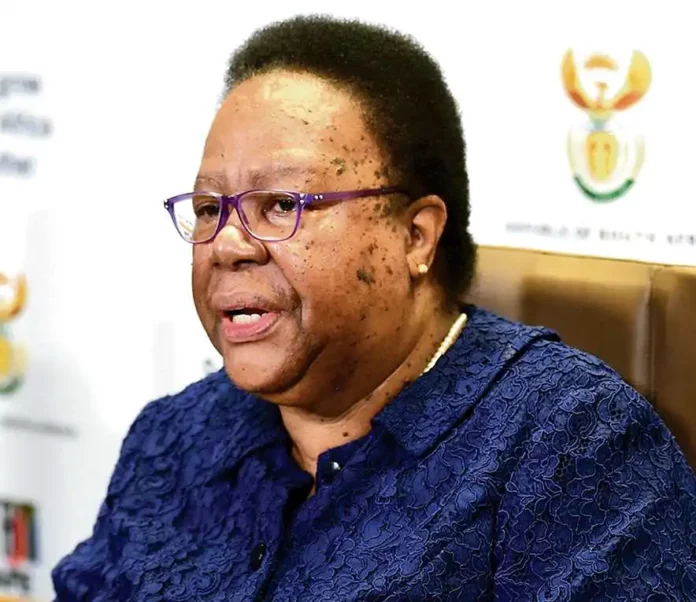Ebrahim Raisi, the president of Iran, will pay an official visit to South Africa sometime next year, Minister of International Relations and Cooperation Naledi Pandor has confirmed.
Iranian media have been reporting about the visit for several months now. Pandor confirmed the visit in a response to Freedom Front Plus MP Cornelius Mulder.
Mulder pressed Pandor on several issues about the upcoming visit. One of the issues he raised was on whether considering that the Islamic Republic of Iran is currently under sanctions from countries in Europe and the US, that the engagement with the country puts South Africa at odds with key trading partner.
Pandor said mutually convenient dates for the state visit are being discussed through diplomatic channels, dismissing Mulder’s concerns that the state visit will pit South Africa against its trade partners including the US.
“South Africa honours United Nations sanctions in keeping with the traditional Non-Aligned Movement and African Union positions of not recognising unilateral coercive measures,” Pandor said. In this regard, South Africa does not recognise the unilateral and secondary sanctions imposed by countries outside of the United Nations sanctions’ mechanisms.”
“However, South Africa is mindful of the impact thereof on its political and economic engagements and the relevant stakeholders. Furthermore, South Africa conducts its bilateral relations within the context of international law and in the context of relevant international organisations such as the World Trade Organisation.”
Mulder also raised concern with regards to Iran’s record on women’s rights. The Islamic country has been rocked by a wave of protests since September when Mahsa Amini, 22, was arrested in Tehran for wearing “unsuitable attire”. She died in custody three days later.
Amini’s crime was not wearing the hijab in accordance with government standards. The hijab has been compulsory in Iran since the Islamic Revolution in 1979.
Pandor said South Africa will engage Iran “on concerns we have regarding discrimination and violence against women”.
“We are concerned about discrimination and oppression based on race, sex, gender, sexual orientation, religion and origin as outlined by our constitution. In this regard, South Africa makes its views heard in different forums, depending on the context and individual incidents,” she said, not necessarily referring to the Amini incident.
Follow @SundayWorldZA on Twitter and @sundayworldza on Instagram, or like our Facebook Page, Sunday World, by clicking here for the latest breaking news in South Africa. To Subscribe to Sunday World, click here



